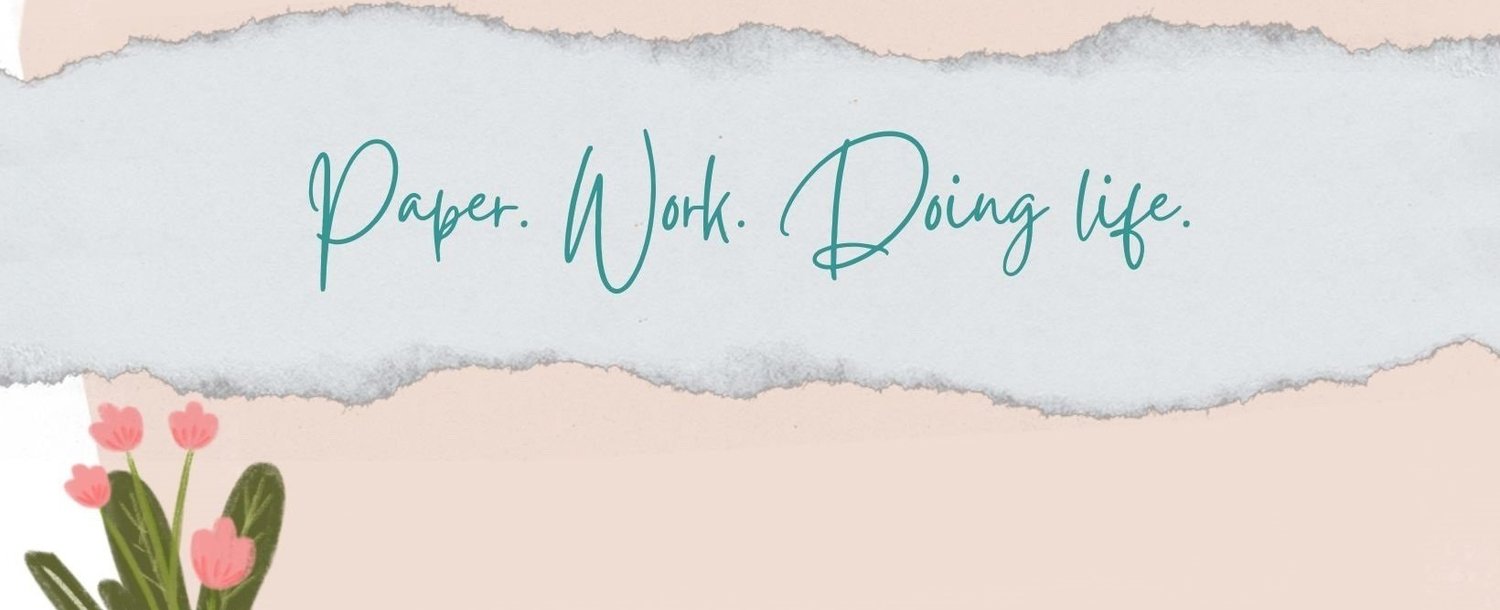Black History Month - Nonfiction
I would be absolutely remiss in letting February go by without at least mentioning some of my favorite titles to book talk for Black History Month. I come from a primarily caucasian community, so much of the diversity that my students get is through books. I certainly don’t limit myself to titles by diverse authors to calendar months, but especially with the 7th graders who have little to no awareness of the Civil Rights battles fought in our nation, I like to highlight some pertinent titles. Some of the nonfiction offerings end up circulating the best.
An innocent teenager. An unexpected hero. In 1957, Melba Pattillo turned sixteen. That was also the year she became a warrior on the front lines of a civil rights firestorm. Following the landmark 1954 Supreme Court ruling, Brown v. Board of Education, Melba was one of nine teenagers chosen to integrate Little Rock's Central High School. Throughout her harrowing ordeal, Melba was taunted by her schoolmates and their parents, threatened by a lynch mob's rope, attacked with lighted sticks of dynamite, and injured by acid sprayed in her eyes. But through it all, she acted with dignity and courage, and refused to back down. This is her remarkable story.
I often show some of the black and white footage from the protests at the high school when these students first try to enter. Students are very much affected by the footage.
Racial bombings were so frequent in Birmingham that it became known as "Bombingham." Until September 15, 1963, these attacks had been threatening but not deadly. On that Sunday morning, however, a blast in the 16th Street Baptist Church ripped through the exterior wall and claimed the lives of four girls. The church was the ideal target for segregationists, as it was the rallying place for Birmingham's African American community, Martin Luther King, Jr., using it as his "headquarters" when he was in town to further the cause of desegregation and equal rights. Rather than triggering paralyzing fear, the bombing was the definitive act that guaranteed passage of the landmark 1964 civil rights legislation. Birmingham Sunday, a Jane Addams Children's Honor Book, NCTE Orbis Pictus Honor Book, and Kirkus Reviews Best Children's Book of the Year, centers on this fateful day and places it in historical context.
Some students recall this event from reading The Watsons Go to Birmingham in the 6th grade. I find they can really relate to the story of young girls arriving at church and heading to the bathroom to check their hair and fix their dresses to look especially nice. They are stunned by the tragic turn that the story takes. They are equally stunned by the length of time it takes for justice to be served.
The inspiring story of one of the greatest moments in civil rights history as seen through the eyes of four young people who were at the center of the action. The 1963 Birmingham Children's March was a turning point in American history. In the streets of Birmingham, Alabama, the fight for civil rights lay in the hands of children like Audrey Hendricks, Wash Booker, James Stewart, and Arnetta Streeter. Through the eyes of these four protesters and others who participated, We've Got a Job tells the little-known story of the 4,000 black elementary, middle, and high school students who voluntarily went to jail between May 2 and May 11, 1963. The children succeeded - where adults had failed - in desegregating one of the most racially violent cities in America. By combining in-depth, one-on-one interviews and extensive research, author Cynthia Levinson recreates the events of the Birmingham Children's March from a new and very personal perspective.
This title is a logical companion to Birmingham Sunday. Students are always needing to hear stories about young people taking a stand.
Before the Little Rock Nine, before Rosa Parks, before Martin Luther King Jr. and his March on Washington, there was Barbara Rose Johns, a teenager who used nonviolent civil disobedience to draw attention to her cause. In 1951, witnessing the unfair conditions in her racially segregated high school, Barbara Johns led a walkout#151;the first public protest of its kind demanding racial equality in the U.S.#151;jumpstarting the American civil rights movement. Ridiculed by the white superintendent and school board, local newspapers, and others, and even after a cross was burned on the school grounds, Barbara and her classmates held firm and did not give up. Her school's case went all the way to the Supreme Court and helped end segregation as part of Brown v. Board of Education . Barbara Johns grew up to become a librarian in the Philadelphia school system.
Fighting for a better education seems to be such a foreign concept to our students. They are intrigued by the passion of Barbara Rose Johns. And again, I like them to see kids their own age taking a stand for things that matter to them.
Photos and summaries courtesy of TitlePeek.
